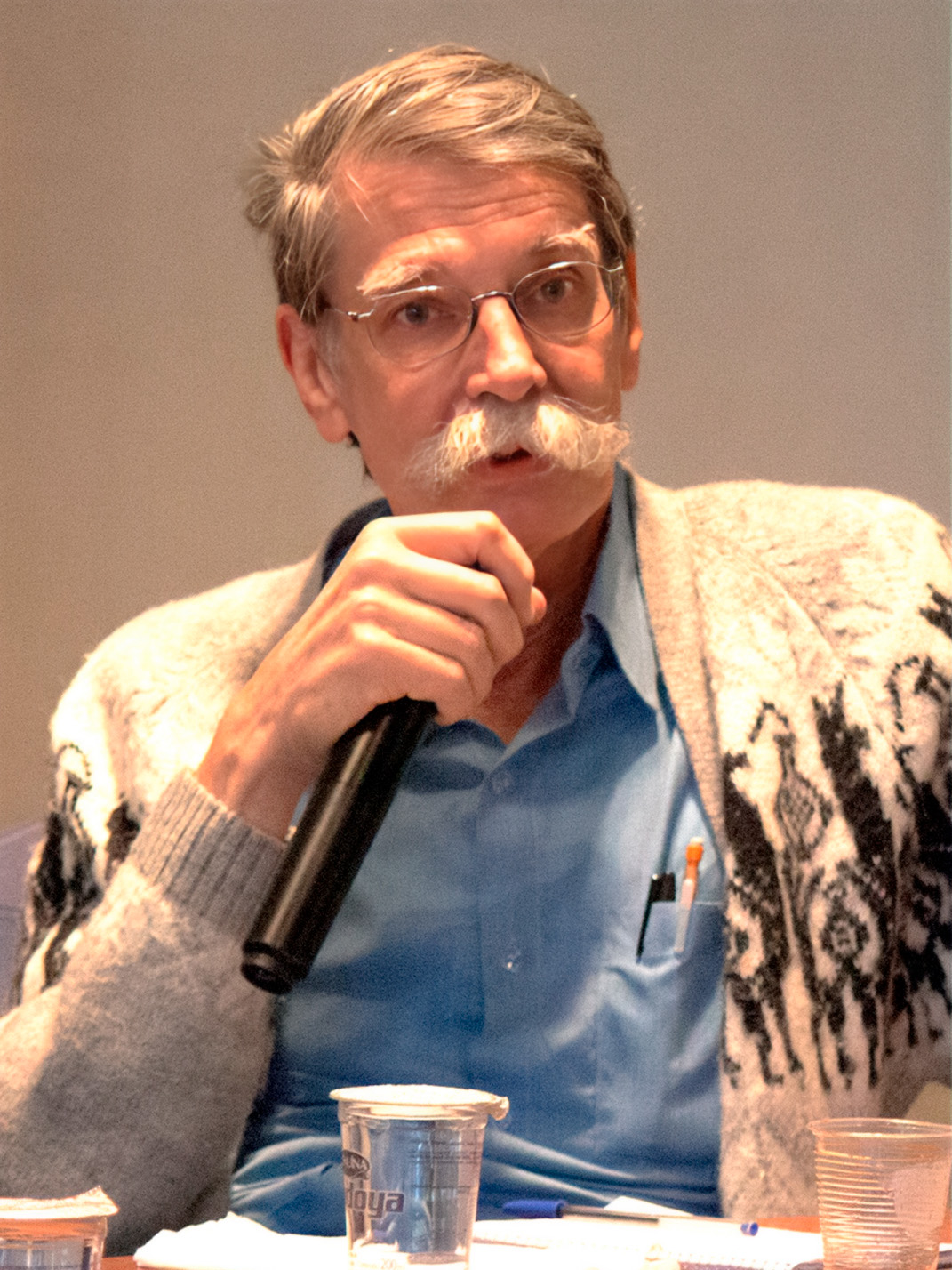Philip Fearnside

Philip Martin Fearnside
National Institute for Amazonian Research (INPA)
Lecture
Amazon biodiversity threatened by the climate crisis and destruction of the forest
The climate crisis in Amazonia that has been made evident by record temperatures, drought and fires in 2023 and 2024 is projected to worsen greatly with continued increase in anthropogenic global warming. Amazon forest is already severely impacted, and the forest will not survive predicted changes if global warming continues unabated. Higher temperatures, longer dry seasons and more-frequent severe droughts are predicted. When temperatures are higher, all terrestrial plants require more water to survive, and at the same time that temperatures increase, there will be less rain in all of Amazonia except for a strip along the base of the Andes. During severe droughts, many Amazonian trees pass their limits of tolerance to water stress and die, as is already occurring. This is worsened when combined with edge effects and forest fragmentation. Dead wood increases the risk and severity of forest fires. This effect is also provoked by logging, whether legal or illegal, and the areas of forest that are being disturbed by logging each year are often larger than the areas lost to deforestation. Fire has the potential to destroy Amazon forest much more quickly than the ongoing process of deforestation. A series of misguided government policies favor continued deforestation and degradation and the emission of greenhouse gases. Biodiversity loss is one of the reasons for immediate changes in these policies.
Minibio:
A biologist with a PhD from the University of Michigan, Philip has been a Research Professor in the Department of Environmental Dynamics at the National Institute for Research in Amazonia (INPA) in Manaus, Amazonas, Brazil, since 1978. He is a CNPq 1-A researcher and a Brazilian Academy of Sciences member. Honors include Brazil’s National Ecology Prize, the UN Global 500 award, the Conrad Wessel, Chico Mendes, Scopus, and FAPEAM prizes. Fearnside’s research since 1974 has been directed at estimating the human carrying capacity of tropical agroecosystems. His work since 1992 has been organized around the objective of converting the environmental services of Amazonian forests into a basis for sustainable development for the region’s rural population, taking the place of the current pattern of forest destruction. Hydroelectric dams’ environmental and social impacts have also been an important area of his research. He teaches and supervises students in three postgraduate courses at INPA. His more than 800 scientific publications and 750 publications on environmental changes resulting from deforestation and the impacts and perspectives of different modes of development in the Amazon are available at http://philip.inpa.gov.br. In 2006, Thompson-ISI identified him as the world’s second most-cited scientist on global warming. In 2011, he was identified as the world’s seventh most-cited scientist in sustainable development. In 2020, he was named the “most influential” in Brazil on ecology, and in 2021, by the Reuters Hot List, he was identified as the most influential scientist in Brazil in climate change.

Participants
Organization and sponsorship

Collaboration



© 2024 – 2025 Escolas FAPESP. Developed by WebContent

